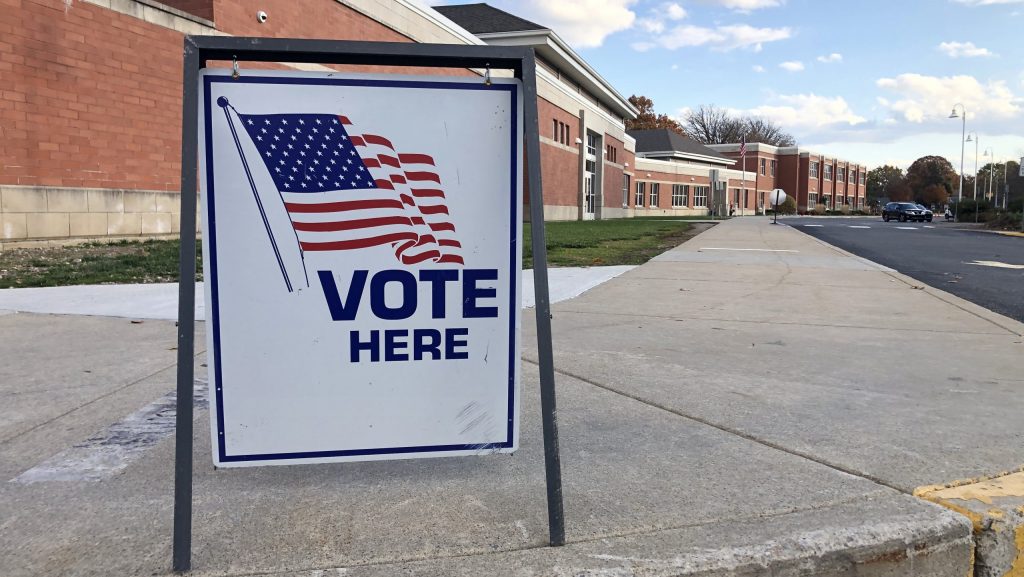Detroit Today: Does Michigan’s new electoral map dilute the Black vote?
A federal trial next month will determine whether newly drawn legislative maps in Michigan unfairly discriminate against Black voters and candidates.

Next month, a federal trial will determine whether the Michigan Independent Citizens Redistricting Commission’s (“MICRC”) new legislative maps violate the Voting Rights Act of 1965 — a federal law aimed at addressing racial discrimination in voting.
The lawsuit, filed in March 2022, alleges that the 10 House districts and seven Senate districts drawn by the MICRC in and around the Detroit area unfairly discriminate against Black voters and candidates. However, advocates for the new maps argue that they are more in line with Michigan’s population than before, pointing out that the Michigan Supreme Court has already rejected a similar case.
Joshua Douglas, an elections and voting rights professor at the University of Kentucky College of Law, and former State Rep. Sherry Gay-Dagnogo joined Detroit Today this morning to discuss the case.
Subscribe to Detroit Today on Apple Podcasts, Spotify, Google Podcasts, NPR.org or wherever you get your podcasts.
Guests:
Sherry Gay-Dagnogo is a former State Representative of Michigan’s 8th District, serving northwest Detroit, and a member of the Detroit Public Schools Board of Education. She believes the new maps violate the Voting Rights Act, but the MICRC chose other maps instead because of their lawyers.
“There were several maps that were submitted, that would have brought us closer to that balance and not fell woefully below the requirements of [the Voting Rights Act],” said Gay-Dagnogo. “They were advised — in many instances — even by some of their own members, that this was wrong, but they proceeded anyway at the advisement of their attorneys.”
Joshua Douglas is an elections and voting rights professor at the University of Kentucky College of Law. His forthcoming book is titled, “The Court versus The Voters: The Troubling Story of How the Supreme Court Has Undermined Voting Rights.” He says the Voting Rights Act cases often turn on whether or not the maps have the intent or effect of discriminating against minority voters.
“The real question is, does the map provide efficient representation for minority voters?” said Douglas. “The law doesn’t really care about partisan outcomes.”
Trusted, accurate, up-to-date.
WDET strives to make our journalism accessible to everyone. As a public media institution, we maintain our journalistic integrity through independent support from readers like you. If you value WDET as your source of news, music and conversation, please make a gift today.
